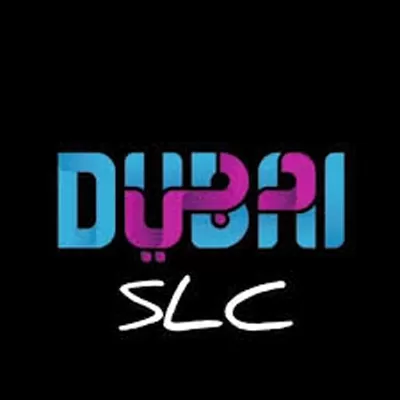The Supreme Legislation Committee (SLC) in the Emirate of Dubai recently convened its Legislative Oversight Annual Forum 2025, under the theme "Together for Enhanced Legislative Compliance." The event brought together SLC legal experts and strategic partners to discuss and strengthen legislative adherence across government entities.
Fostering a Culture of Compliance
H.E. Ahmad Saeed bin Meshar Al Muhairi, SLC Secretary-General, opened the forum, outlining key aspects of Dubai’s legislative landscape and audit ecosystem, while emphasising the critical importance of fostering a culture of legislative compliance.
Omar Al Suwaidi, Director of the SLC Legislative Audit Directorate, delivered a presentation titled 'Insights into Legislative Oversight'. His insights highlighted the SLC’s role in promoting compliance among government entities, in accordance with recent legislation. The presentation also delved into the SLC’s core functions, the concept and procedures of legislative compliance, annual legislative audit statistics for 2024, and the legislative compliance rate as a government performance excellence indicator. It further clarified the responsibilities of government entities, underscoring the importance of proper legislative implementation in upholding governance and transparency.
The forum also featured a 'Legislative Compliance Dialogue' session with Ms. Wadha Al Ghafli, Director of Strategy and Excellence at the Dubai Government Human Resources Department, as a guest speaker. The session was hosted by Mrs. Marwah Mohammed Ibrahim, Head of the Audit Section at the SLC Legislative Audit Directorate.
Strengthening Collaboration and Efficiency
The Legislative Oversight Forum is a testament to the SLC’s ongoing commitment to fostering a culture of legislative compliance at both institutional and societal levels. The event showcased exemplary compliance models from diverse sectors, including entities that achieved the highest compliance rates, embodying the highest standards for legislative compliance across government operations.
The forum also served as a crucial platform for strengthening collaboration and coordination among government entities. It facilitated dialogue on the tools and mechanisms required for enhancing legislative compliance, an essential factor in consolidating the rule of law, improving government efficiency, and promoting the principles of effectiveness and transparency within the Dubai government sector.
H.E. Al Muhairi explained that legislative compliance is a cornerstone of government excellence, serving as a key indicator of progress and a catalyst for enhancing the performance of public sector operations. He underscored the need for unified efforts and seamless coordination among all government entities to ensure the optimal implementation of legislative frameworks. This, he noted, contributes to consolidating the rule of law and strengthening Dubai’s position at the forefront of legislative compliance regionally and internationally.
H.E. Al Muhairi added: “Legislative oversight is gaining increasing importance in light of the rapid pace of economic and technological transformation, and the growing adoption of advanced technologies such as artificial intelligence (AI), amid rising public expectations for higher levels of efficiency. In this context, the Supreme Legislation Committee in the Emirate of Dubai remains committed to raising awareness about the importance of aligning institutional work systems within government entities with legislative compliance frameworks, and to adopting well-defined policies and procedures that ensure attainment of the highest standards of legislative compliance.”
The forum concluded with the 'Legislative Compliance Award', recognising several entities as exemplary models of legislative compliance. These included Dubai Electricity and Water Authority (DEWA), Dubai Health Authority (DHA), Roads and Transport Authority (RTA), Mohammed Bin Rashid Housing Establishment, Financial Audit Authority, Dubai Corporation for Ambulance Services (DCAS), Islamic Affairs and Charitable Activities Department (IACAD), and the Judicial Council.




















